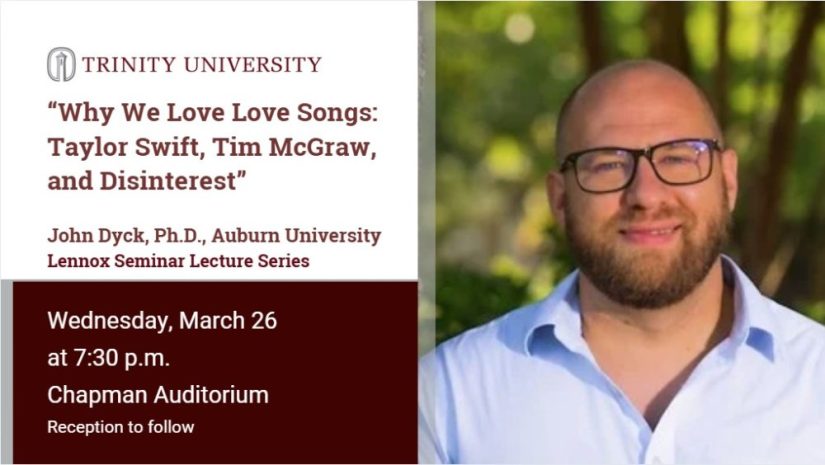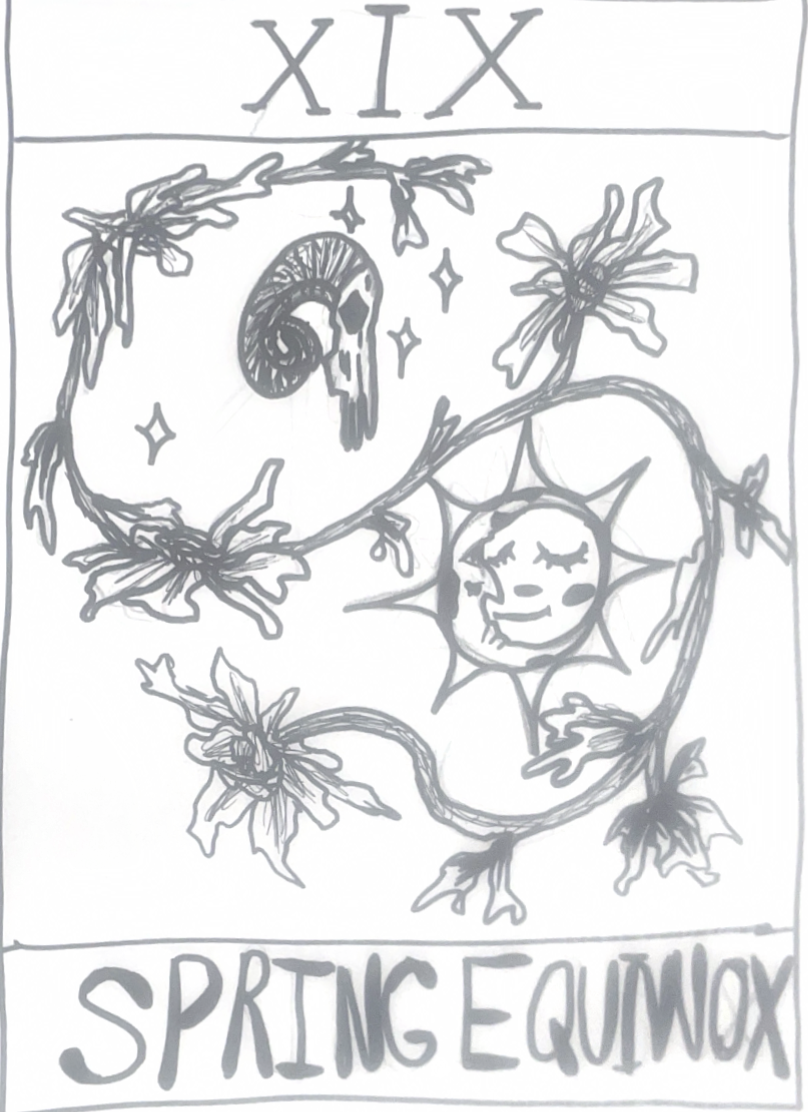In the fourth issue of the Trinitonian published this semester, opinion columnist Jack Maxwell called for more funding transparency from the Student Government Association (SGA) in how they distribute their portion of the student activity fund, made up of the $162 student activity fee that students pay each semester. Article I, Section 2 of “The Constitution of the Trinity University Student Body” states that “SGA shall strive for transparency in all of its actions and fiscal allocations,” but some students still hold concerns that SGA is not fully transparent.
This year the student activity fee was raised from $150 to $162 per semester. The university, not SGA, has the jurisdiction to raise or decrease the price of the student activity fee. According to SGA President Danny Nguyen, SGA typically receives $650,000-$670,000 in annual funds. While students can see how the student activity fund is distributed to registered student organizations (RSOs), students do not have access to see the distributions to university sponsored organizations (USOs).
SGA Vice President Caterina Mora Adrover, manages the student activity fee as part of her role. She explained why students are typically unable to see USO reports.
“[Restrictions to public view are] also in our constitution — we are just following the rules,” Mora Adrover said.
She also believes that the SGA budget should be distributed in the most efficient and transparent way. Previously, SGA had not seen the need to publicize information regarding USO fund distribution to the student body. Mora Adrover clarified that inquiries can be sent to the SGA to arrange for a meeting to see the budget reports.
“I would say that the reason you couldn’t find it is because we never had an outside student ask us what … the spending [was],” Mora Adrover said. “It is something that has never happened.”
Nguyen further explained the reasoning behind keeping these reports out of the public eye.
“Numbers say one thing. It might be unclear, inaccurate or just taken out of context when you do not have the explanations. There is a story behind those numbers too,” Nguyen said.
Nguyen clarified the annual USO meetings in which the organizations give their budget proposals are open to the public, and a student can always review the end of the year budget recap. Mora Adrover said students can go to Nguyen or herself for any questions about why a particular organization did not get funding.
“Again, all meetings are public, too — aside from finance committee [meetings]. We encourage that everyone does attend. It is always on Wednesdays at 6:00 p.m. [in] the Waxahachie room in Coates Student Center, [on the] second floor,” Nguyen said.
The privacy of the funding committee meetings gives senators the ability to make decisions without external pressures, according to Nguyen.
“It is a balance between transparency and any external pressures that might interfere with our senators being just, being sound and ethically distributing the funds or making decisions,” Nguyen said.
Maxwell’s article raised issues of the mental wellness initiative having vague goals. Nguyen clarified the mental health initiative is a collaboration between the Trinity President’s Office, wellness services office and SGA.
“We funded the initiative, we’ve given wellness services — as they are the mental wellness professionals — to oversee and implement these projects. There is a step-by-step plan that I believe we have discussed with another Trinitonian reporter. On our end, we are getting monthly updates on that.”
Nguyen believes the SGA is “adequately” transparent at the moment. Ngyuen commented that SGA oversees a much larger amount of the student activity fee than other institutions typically give to student government.
“With that trust also comes transparency. That is important to us. We are not only responsible in how we advocate for students, but when we do so we are as clear and concise … We want to make sure that we effectively communicate what we do too,” Nguyen said.









